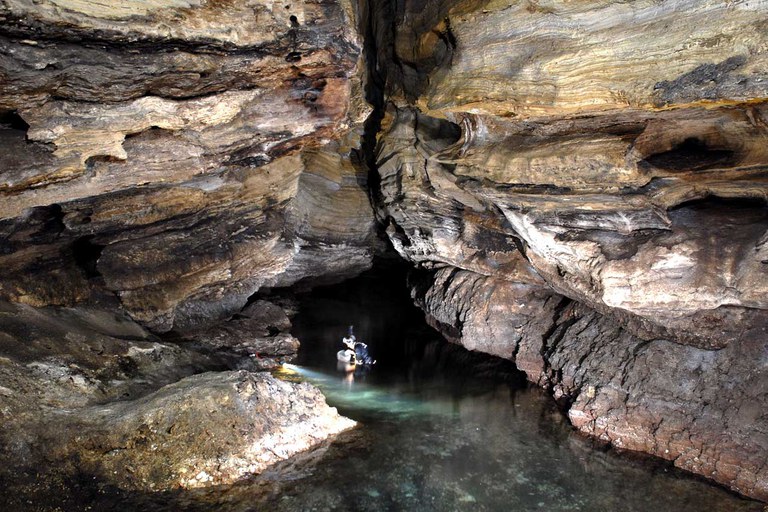Research Lines
Individuals and populations
This research line includes the studies on the individuals, the fundamental unit in Ecology, and populations, the set of individuals of the same species that share the same area in aquatic or terrestrial systems. The themes in this line are chiefly: (1) autecology, (2) life history and adaptive value, (3) sex and evolution, (4) social structures, (5) distribution and spatial structure of populations, (6) demography, (7) population regulation and growth, (8) spatial and temporal dynamics of populations, (9) population genetics, (10) behavior, metapopulations and phylogeography, and (11) systematics.
Communities and Ecosystems
Here, the focus is on the dynamics of the distribution and abundance of species or functional groups, energy flows and matter cycling (decomposition) through ecological communities, in aquatic or terrestrial systems. Studies in this line include the following topics: (1) limnology – studies on physical, chemical and biological parameters of inland waters and the ecology of aquatic communities, (2) multiplicity of interactions between plants, animals and microorganism populations, and between these populations and the physical and chemical environment, (3) mechanisms determining biodiversity, (3) food webs, (4) the role of disturbances (including climate change) in ecosystem processes, (5) limiting factors (bottom-up mechanisms) and controlling factors (top-down mechanisms) in ecosystems, (6) macro-scale ecological patterns (macroecology), (7) paleoecology, (8) biogeography and (9) metacommunities (including the use of molecular markers).
Ecological applications
The research line of ECOLOGICAL APPLICATIONS includes researches in aquatic or terrestrial systems, focusing on landscape spatial models for ecological spaces, management and conservation of natural resources, as well as communities and ecosystems restoration. In summary, it involves the interactions between ecological and socioeconomic systems and how these interactions affect the challenge of sustainability in keeping the society demands. Among the studies in this line are those comprising: (1) biodiversity and ecosystem function conservation, (2) planning and environmental management of landscape units, (3) landscape ecology, (4) biological management and control, (5 ), restoration ecology, (6) ecological modeling, (7) macroecology of sustainability, (7) environmental education, and (8) ecotoxicology.
